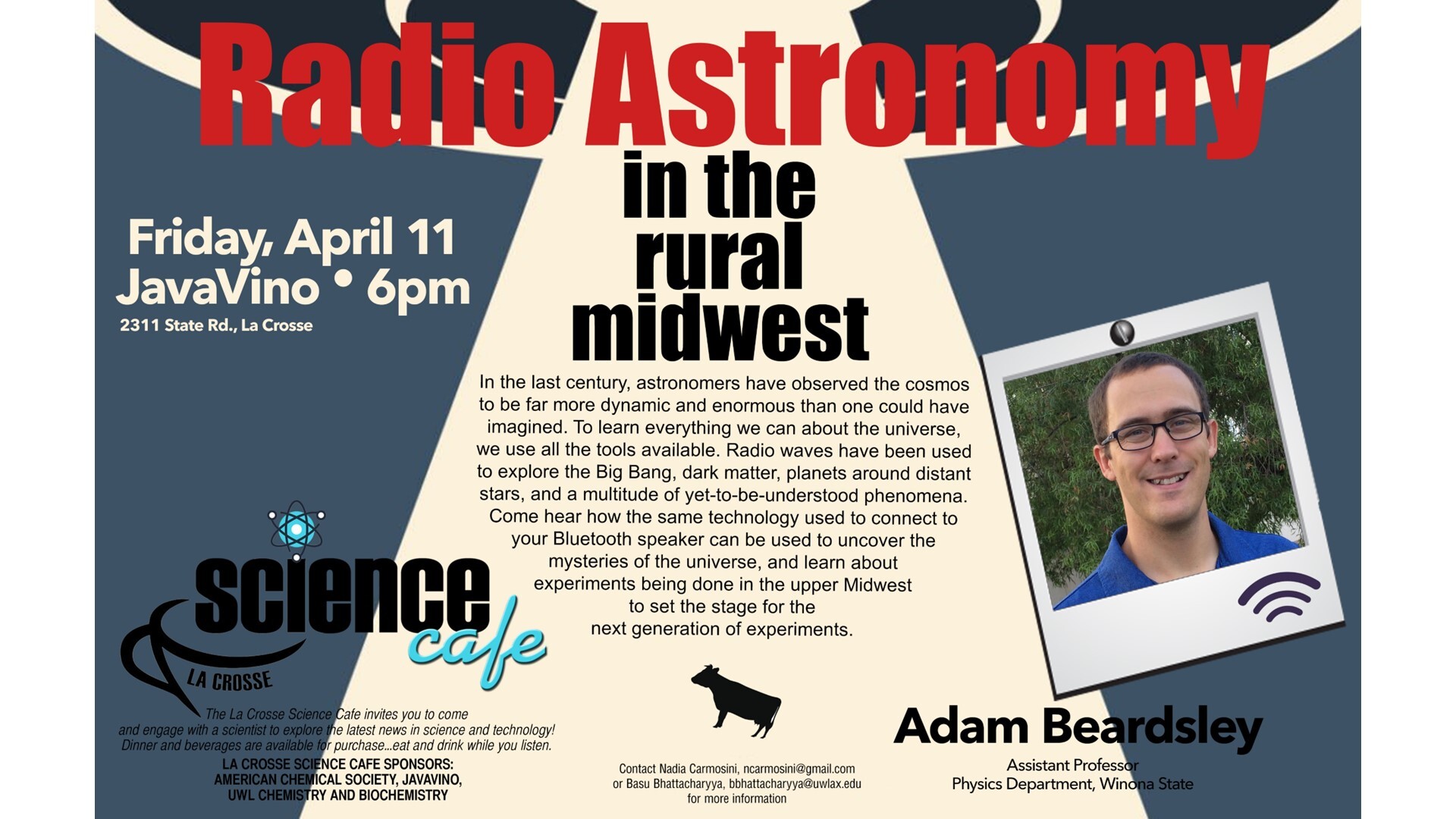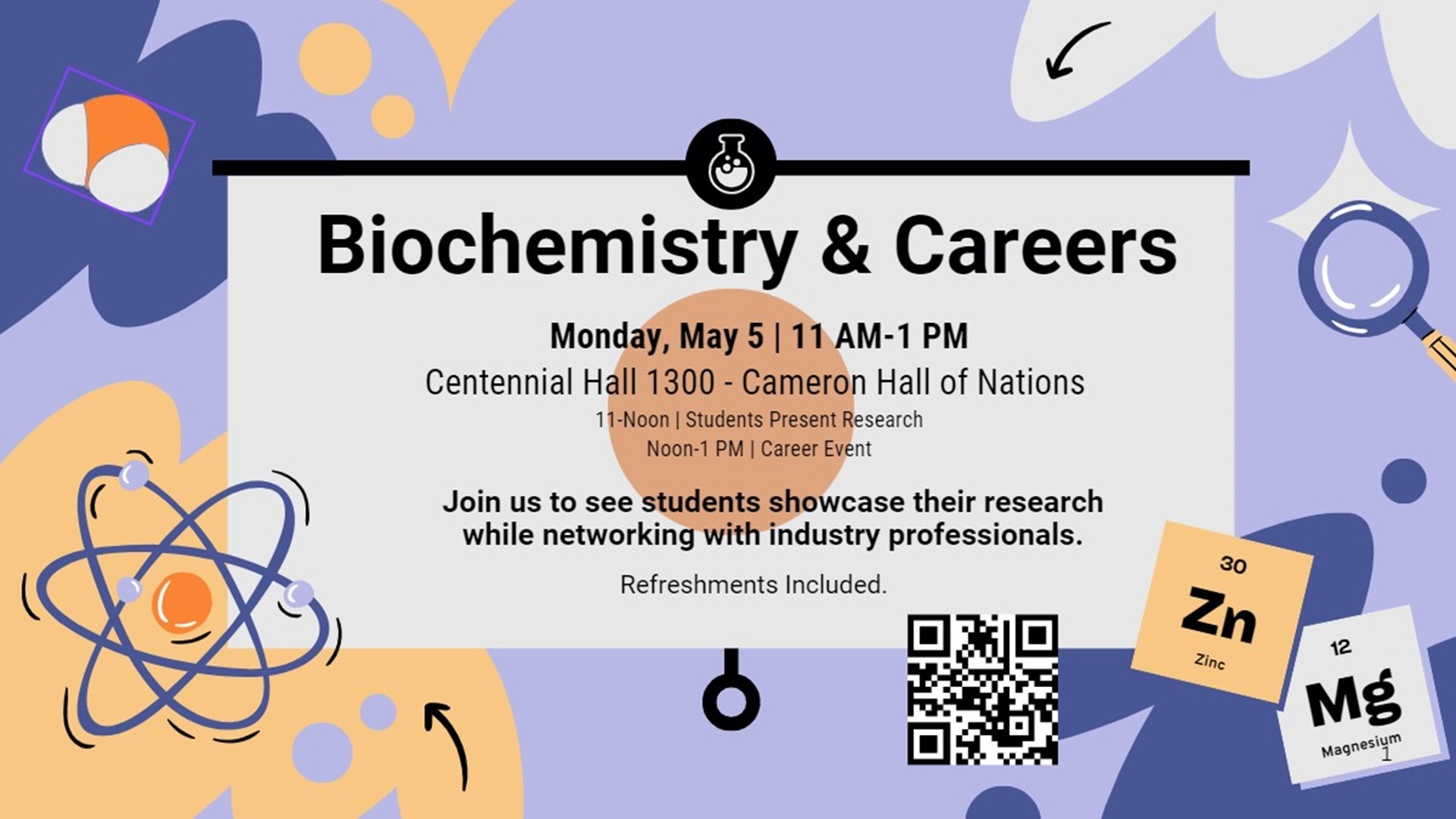Undergraduate programs
Chemistry
Undergrad major Undergrad minor Teacher license Graduate degreeChemistry is the study of substances, their properties, energies, the ways they interact and combine and change. Traditionally, chemistry has been broken into five main sub-disciplines: Organic, Analytical, Physical, Inorganic, and Biochemistry. The field also includes a variety of applied disciplines. Chemistry is often referred to as the central science because it joins together physics and mathematics, biology and medicine, and the earth and environmental sciences.
Areas of study
ACS Certification
UWL's Chemistry program is approved by the American Chemical Society (ACS). This degree track includes the coursework and experiences necessary to satisfy the requirements for ACS certification, meaning students who meet the ACS guidelines will receive an ACS-Certified Bachelor of Science degree in chemistry.
Undergrad major View a sample plan for ACS Certification Catalogfor ACS CertificationBusiness Concentration
The chemistry major with a business concentration is appealing to students interested in both the science and business sides of chemistry. Students learn core chemical theory and laboratory skills through a series of chemistry courses. They also gain a strong foundation in business through courses in management, accounting, finance, and marketing.
Undergrad major View a sample plan for Business Catalogfor BusinessScience Education
The Chemistry Education Program includes the coursework and classroom experiences necessary to satisfy the requirements for a science, grades 4-12 (2600) teaching license in the state of Wisconsin.
Undergrad major Teacher license View a sample plan for Science Education Catalogfor Science EducationEnvironmental Science Concentration
The chemistry major with an environmental science concentration provides a strong background in chemistry, along with multi-disciplinary, elective course options to explore areas such as climate change, contaminants, renewable energy, geospatial analysis, and ecosystem modeling.
Undergrad major View a sample plan for Environmental Science Catalogfor Environmental ScienceUndergrad dual degree
Chemistry majors with interest in engineering may be able to receive both a UWL bachelor’s degree in chemistry and a bachelor’s degree in engineering from UW-Madison. At UWL, students must complete a minimum of 87 credits, including the general education requirements and specific math and science courses in preparation for the engineering program.
Undergrad major Graduate degree View a sample plan for Undergrad dual degree Catalogfor Undergrad dual degreeBiochemistry
Undergrad majorBiochemistry is the chemistry of biology. It is one of the five main subdisciplines of chemistry. A biochemist explores chemical processes within basic biological systems. Biochemical research has provided a more comprehensive understanding in regenerative medicine, infectious disease, organ/tissue transplantation, clinical diagnostics and genetic disease.
Featured courses
View all coursesGet assistance
Upcoming events
Latest news
 Studying tips for a new semester
Director of the Tutoring and Learning Center offers key strategies for successful studying in her video series
Studying tips for a new semester
Director of the Tutoring and Learning Center offers key strategies for successful studying in her video series
 Profitable and planet-friendly
Chemistry Professor Robert McGaff pioneers eco-friendly innovations with new patent
Profitable and planet-friendly
Chemistry Professor Robert McGaff pioneers eco-friendly innovations with new patent
 Lab-grown talent
UWL student explores the frontiers of biochemistry at Argonne National Lab
Lab-grown talent
UWL student explores the frontiers of biochemistry at Argonne National Lab














